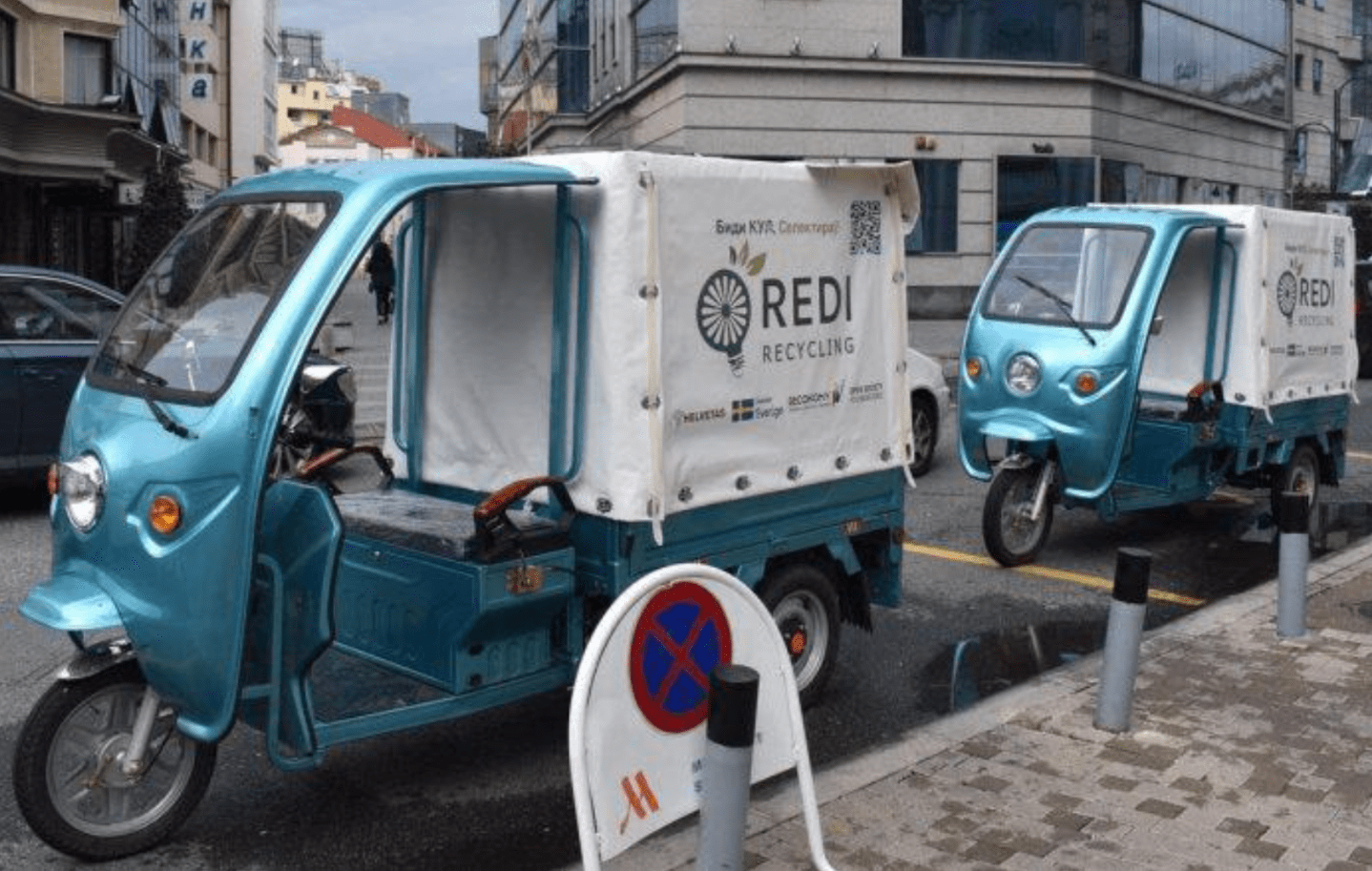
REDI Recycling: Empowering Romani Waste Collectors in North Macedonia
When we think of climate change, conversation often centers on energy, transportation, and food. However, waste management is a critical yet often overlooked aspect of this global issue. In North Macedonia, a country grappling with high CO2 emissions, recycling is almost non-existent. In 2019, a staggering 916,000 tons of waste were generated, with a dismal recycling rate of just 0.3%. Amidst this challenge, REDI Recycling, an NGO based in Macedonia, is striving to transform the lives of Romani waste collectors by formalizing trash picking and turning it into a profitable enterprise.
In North Macedonia, waste collection services are rare, and recycling industries, although present, lack connectivity and fail to gain significant market penetration. The country faces a dire waste management situation, where households collect all kinds of waste in a single bin, which is then transported to landfills by municipal utility trucks. The absence of waste selection and recycling infrastructure exacerbates the problem, leaving the environment vulnerable to pollution.
Within this chaotic waste management system, approximately 4,500 recycling collectors operate in the grey market, with around 1,500 in Skopje alone. The majority of these collectors are Roma, who pick recyclable materials from streets, parks, and even the banks of the Vardar River. Despite their crucial role in cleaning up the city and protecting the environment, these informal waste collectors face numerous challenges. They work without any legal recognition, insurance, or support, making them one of the most vulnerable groups in society.
REDI Recycling's mission is to empower these Romani waste collectors by formalizing their work and integrating them into a sustainable waste management system. Launched in 2020 in Skopje, and supported by organizations such as Helvetas, the Ministry of Social Affairs Austria, and OSF, REDI Recycling aims to create a social enterprise led by Roma waste collectors. This initiative focuses on using circular economy principles to recycle secondary raw materials and establish a system for primary waste selection.
The short-term goals of REDI Recycling are ambitious yet achievable. They include establishing a system for primary waste separation in buildings, providing technical support for collectors and their families, formalizing informal collectors by employing them within the enterprise, and maximizing the revenues of collectors by identifying final buyers. By achieving these goals, REDI Recycling hopes to enhance the living conditions of Romani waste collectors and create a positive impact on the environment.
REDI Recycling's efforts are not just about waste management; they are about recognizing the invaluable contribution of Romani waste collectors to society. By providing legal recognition and support, REDI Recycling aims to uplift these individuals from the shadows of society and ensure they are seen as valuable contributors to the betterment of the environment. This initiative serves as a beacon of hope, demonstrating that with the right support and framework, even the most marginalized communities can play a pivotal role in addressing global environmental challenges.
REDI Recycling is making significant strides in transforming waste management in North Macedonia by empowering Romani waste collectors. Their mission to formalize trash picking and turn it into a profitable business not only improves the lives of these collectors but also contributes to a cleaner, more sustainable environment. As we continue to tackle climate change, it is essential to recognize and support initiatives like REDI Recycling that address often-overlooked aspects of this global issue.